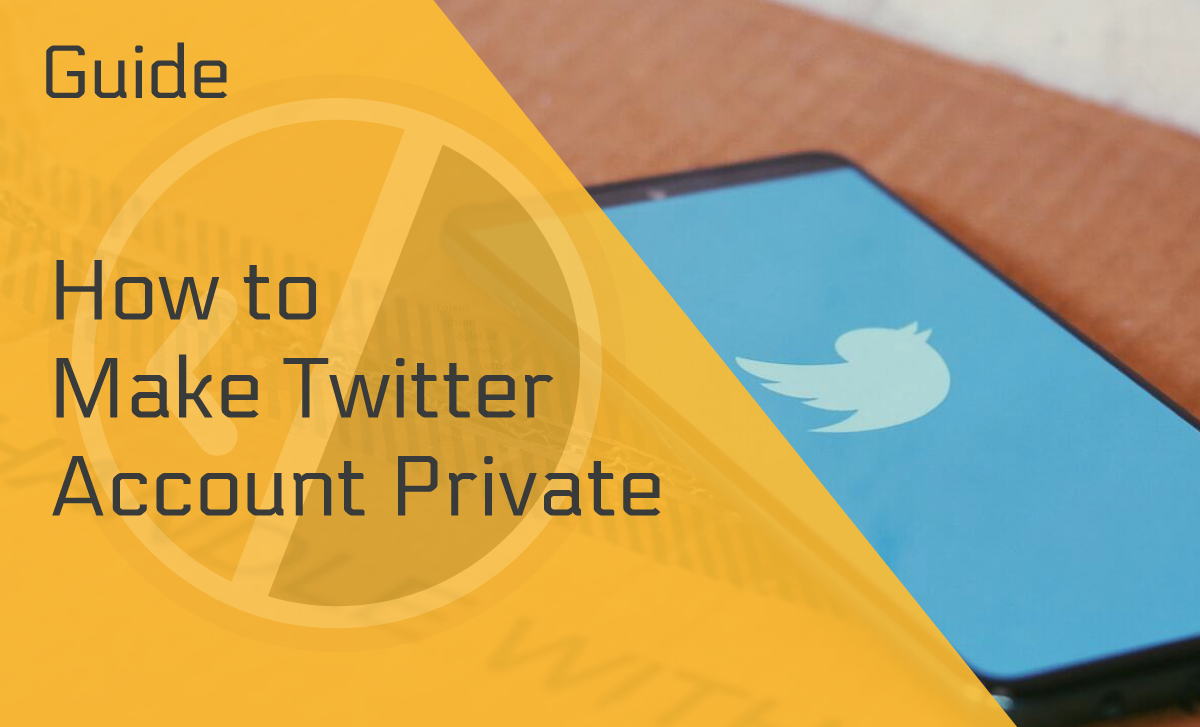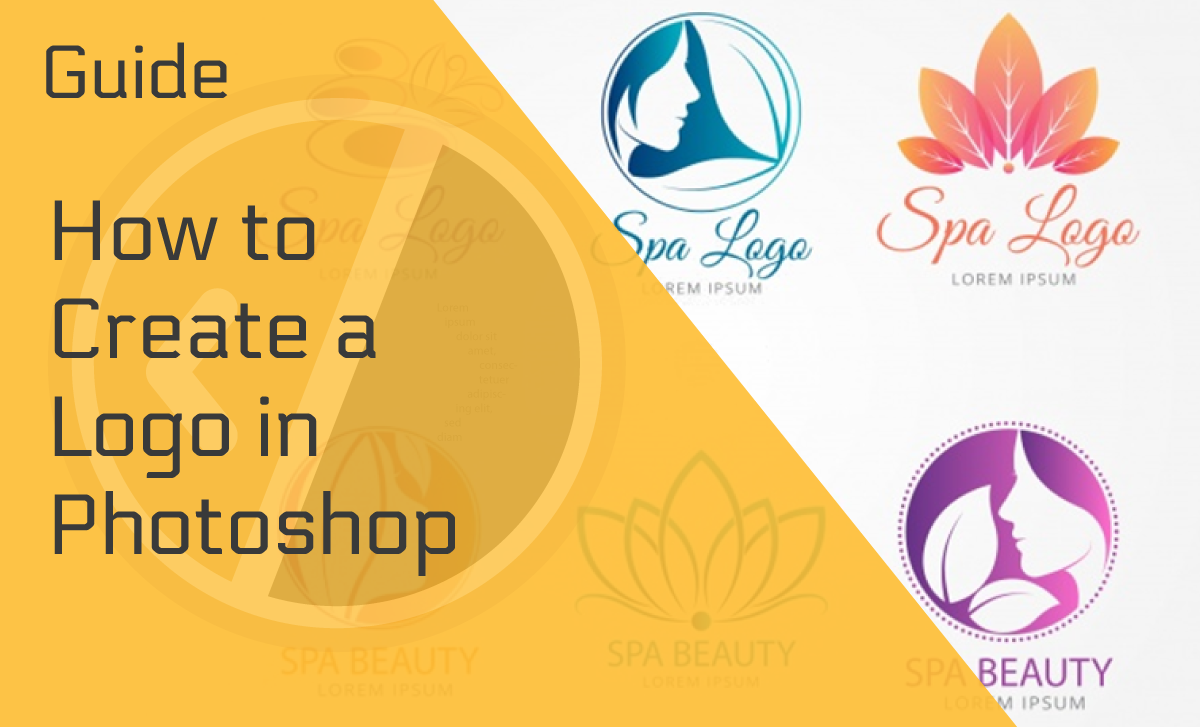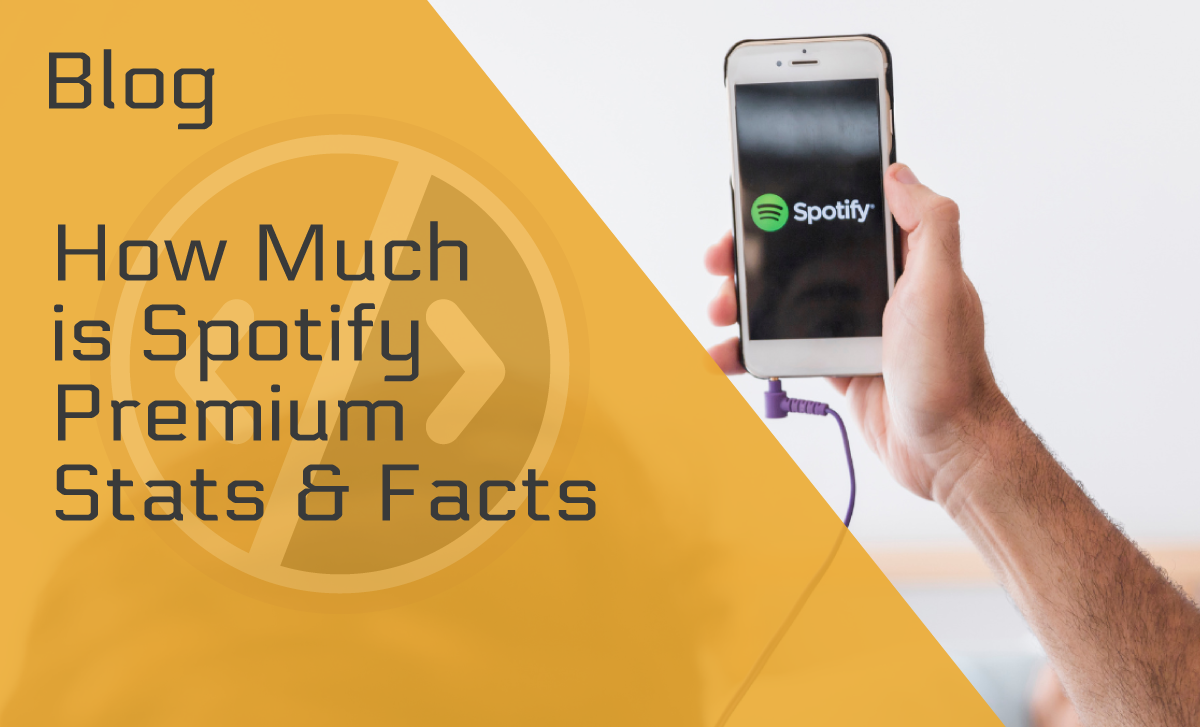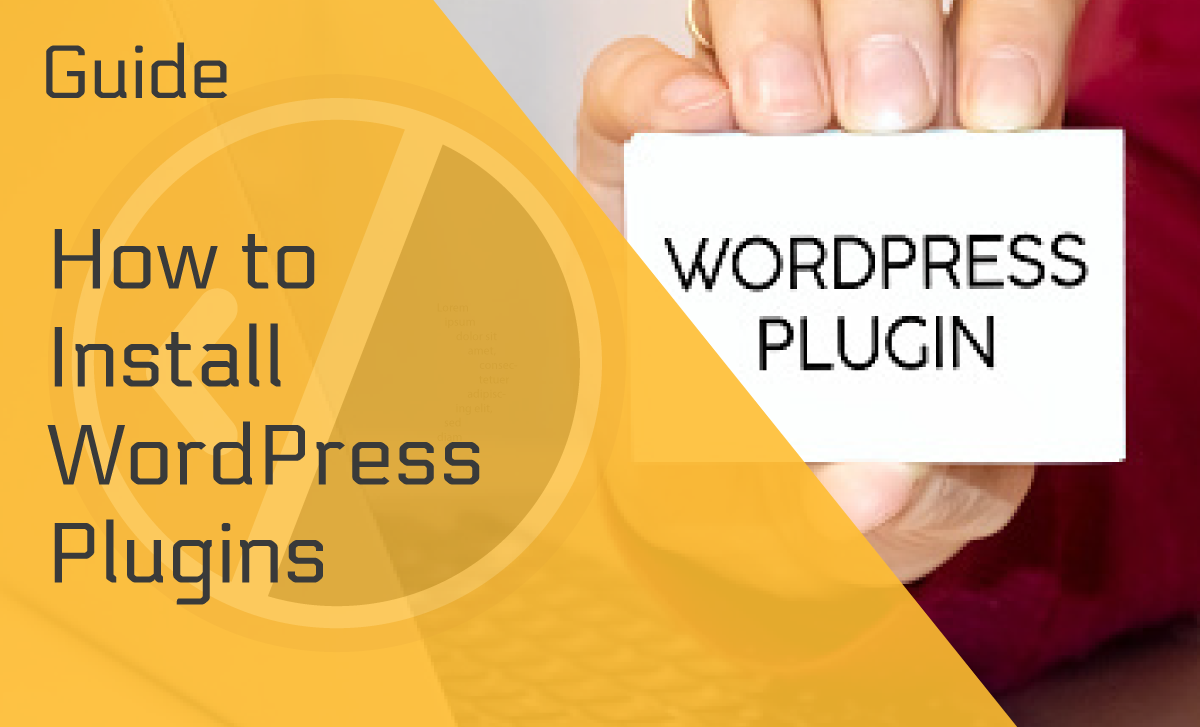Small Business Marketing – A Complete Guide
Published: November 19, 2020
Over the years, digital marketing became a fundamental component of small and large-scale businesses alike. Recognized by business owners as a more effective method of communicating with the customers than the traditional marketing approaches, it quickly became a favored small business marketing strategy. That’s why this post will mainly focus on digital marketing and ways to make it work for you.
Today, 73% of small businesses use social media marketing. For 49% of small business owners, SEO is the central part of their digital marketing strategy, whereas 57% of small businesses rely on email marketing.
If you look at the numbers again, you’ll notice that they don’t add up to 100%, as there is no universal formula that suits every business’s needs. This is why businesses are often experimenting with different marketing techniques to find a perfect combination.
As we’ll cover later in this piece, testing is what turns a well-thought-out marketing strategy into a successful one. So, even if you’ve already found the right ingredients for your marketing campaign, you should always keep an eye on the ever-changing trends in online marketing for small business owners. In the words of David Ogilvy, the Father of Advertising, “Never stop testing, and your advertising will never stop improving.”
Why Many Small Businesses Don’t Use Digital Marketing
Not all businesses are leveraging this strategy, despite some very promising digital marketing trends. Let’s go through some of the most common reasons that are holding small businesses back from investing in this kind of promotion.
Too Many Choices
Creating a marketing plan for small business owners can often be overwhelming, as they’re typically running into multiple obstacles. One of those obstacles is the vast choice of digital marketing techniques. Social media marketing, paid advertising, and search engine optimization are only some of the many possible ways to leverage digital marketing.
This is why we often hear questions such as: Which marketing technique is best for a small business? How will I know if the technique I’ve chosen will have a positive impact on my business? Are there different types of digital marketing for small businesses and enterprises?
As we’ve already mentioned, there is no magic formula or a single strategy that will help your business thrive (launch it to the success-sphere).
Our goal is to help small business owners find an ideal marketing strategy or a combination of digital marketing strategies. To help you decide which marketing mix might work best for your business, we’ll explore different digital marketing strategies in detail. That way, you’ll be able to make an informed decision and choose either one or several marketing strategies that work best for your business.
Limited Budgets
Most companies in the US share a common obstacle when it comes to marketing strategies for small businesses. Namely, these companies are usually working with a limited budget, and as much as 57% of business owners use personal savings to start off. Their concerns revolve around the cost of developing and integrating different marketing techniques with their business. On that note, here’s what’s important to keep in mind—digital marketing is far less expensive than traditional marketing.
Don’t take our word for it. According to the Casual Precision media agency, the cost of a 60-second TV ad in Los Angeles is $17,375, providing 500,000 people are expected to see the ad. If your audience is wider, the cost of the ad will further increase.
For compassion purposes, let’s take email marketing as one of the most widespread marketing ideas for small business owners. With this type of digital advertising, the most affordable solution is finding the right email marketing software. These platforms usually offer free trials, and based on the number of subscribers, their pricing can range from $20 to $100/month, which translates to $240 to $1200/year. While these figures may seem high to someone with a limited budget, they are still significantly lower than the average price of a single TV ad.
What’s Next?
Next, we’ll explore the different types of digital marketing for small business owners. We’ll also discuss what is it that you need to do before choosing a digital marketing strategy. Once we cover these two topics, we’ll share with you a brief guide on how to create a digital marketing plan.
Types of Digital Marketing
There are six main approaches to building successful marketing strategies, ranging from paid advertising and search engine optimization to email, content, and social media marketing. Additionally, some sources list another two digital marketing strategies—mobile and influencer marketing. These two approaches fall into the category of newer marketing techniques. We’ll explore each of the eight types of digital marketing, providing you with best practices and tips for each of them. We’ll start with social media marketing.
Social Media Marketing for Small Business
First, let’s define social media marketing (SMM), and some of the most common results of this marketing strategy. Simply put, social media marketing is a digital marketing strategy that utilizes social media platforms as its primary tool for increasing brand awareness, traffic, and conversions. This strategy also helps build brand loyalty and authority.
SMM is a widely used marketing tool, primarily because it allows marketers to reach an enormous user base consisting of nearly 3.5 billion social media users. Creating a business page on Facebook is one of the most common small business marketing ideas. However, even though Facebook is the largest social media network with 2.38 billion monthly active users, other social media channels can help you boost your marketing efforts too. LinkedIn, for instance, has the highest visitor-to-lead conversion rate. The world’s largest professional network is also responsible for 46% of all traffic coming from social media to B2B sites.
How to Market Your Business on Social Media Effectively?
First of all, you should research your target audience. Apart from having some basic information about your customers, such as age, gender, geo-location, etc., you should also find out which social media channels you can utilize in your social media strategy.
Let’s take Facebook marketing for small business owners as an example. Your marketing strategy on this social media platform would, of course, have to start with creating a business page. As over two-thirds of social media users are on Facebook, chances are your target audience or a larger part of it is on this social media platform.
However, the average social media user today has 7 to 8 active social media accounts. Your quest is to discover what other social networks your target audience is using. When it comes to digital marketing for small businesses, this is one of the crucial steps in getting to know your audience.
According to the latest Instagram statistics, 59% of all internet users between the ages of 18 and 29 use Instagram. At the same time, 70% of small business owners use Twitter, while in the US, the most active users on this microblogging platform fall into the 18 to 24 age group. You should collect these little pieces of information to learn more about the age demographics of each social media platform. This will ultimately help you decide which of these platforms would be most advantageous for creating a small business social media marketing strategy.
You’ve Researched Your Target Audience. What’s Next?
After you’ve discovered which social media channels your target audience uses, you should create accounts on these social media networks if you haven’t already done so. We cannot stress enough how important it is to optimize your social media profiles. By optimizing, we mean adding your primary keywords, full biography, and a call to action to your social media profiles. Search online for a successful digital marketing agency for small businesses, and take a glance at their Facebook page, for instance. We’re sure they aren’t missing a profile or cover photo. Then why would your social media profiles lack essential business information?
Build Your Brand
A successful social media marketing strategy can help your business build authority and trust, as well as increase brand awareness. The best way to go around this is to post high-quality, engaging content. Before you start building your content strategy, research what kind of content is popular across different social media networks. If you are not sure how to develop a content marketing plan for your business, you can hire a small business marketing consultant to help you deliver the content your social media audience will like.
Run Contests, Offer Discounts and Freebies
Everyone likes promotions and free stuff. Running contests and offering exclusive discounts or freebies is an excellent tactic to give your followers something they want. Remember, they are not following your business because they can’t resist reading tons of needlessly long infomercials. Rewarding users should be one of the essential components of any small business online marketing strategy.
As a small business owner, your social media marketing efforts can be directed towards increasing sales, brand awareness, etc. Your audience, on the other hand, doesn’t have the same goals. They want to know that there’s a person behind a brand and that they can connect with that person, as well as engage in meaningful conversations with them.
Additionally, they want privileges (read: freebies, discounts, contests) for choosing one business over the others. Engaging content is part of the deal too. So make sure your business meets your audience’s demands.
Integrating Social Media Marketing with Other Small Business Marketing Strategies
As we’ve already mentioned, many digital marketing strategies are intertwined. Taking this into account, it’s not uncommon for small businesses to combine social media marketing, most commonly, with paid advertising. So far, we’ve talked about organic social media marketing. However, you can also leverage social media advertising tools to enhance your marketing efforts further. Facebook Ads, Promoted Tweets, and Instagram Ads—the sky’s the limit when it comes to paid marketing strategies for small business campaigns.
We’ve also talked about running contests and promotions on social media. These offers are an excellent way to collect your followers’ emails. As a result, you can connect your social media marketing campaign with email marketing. This is just an example of combining, in this case, three types of digital marketing (free and paid social media marketing, and email campaigns). However, you need to find the right combination for your business.
If you don’t know much about this kind of marketing or just don’t have enough time to run a campaign, there are numerous social media marketing packages for small business owners that can help you reap the benefits of this promotional channel.
Additional Tips on Social Media Marketing
Social media marketing is too broad of a topic to cover in a single piece of content. Instead, our goal is to give you some guidelines and introduce you to the most important digital (and social media) marketing best practices. With that in mind, here are some more useful tips to help you get the most out of your social media marketing strategy:
- Add visuals to your social media posts
- Always choose quality over quantity when sharing posts with your audience
- Use relevant and popular hashtags
- Research your competition
- Listen to your audience
Email Marketing
Small business email marketing strategies have proven to be quite effective when it comes to digital marketing. They also offer the highest return on investment (ROI) compared to the other digital marketing strategies. Last year’s research from DMA shows that for every $1 you spend on email marketing, you can expect an average return of $32.
Contrary to popular belief, email marketing is not synonymous with spam, as long as you’re using this strategy correctly. One of the most valuable email marketing tips for small business owners is that this marketing strategy is not about you or your business. It is about your customers. Even though email marketing focuses on promoting your products/services, this marketing tool is also vital for building relationships with consumers.
Building a Contact List
One of the first steps in building a successful email marketing campaign is finding people you’ll be sending the emails to. If you’re new to email marketing, one of the most important things you should know is that you need to have consent from people on your contact list if you want to send them emails without compromising your GDPR compliance. This is, however, only one of the items on the GDPR compliance checklist. So, if you aren’t sure whether your email marketing campaigns are GDPR compliant, you can always seek advice from a small business marketing company that specializes in email marketing.
Email Marketing Channels
The two main channels for collecting emails are websites and social media networks. As we’ve already mentioned, you can run contests on social media, and ask for users’ email addresses as one of the rules for entering a competition. However, most business owners build their contact lists on their website through opt-in forms and popups. When it comes to email marketing, small business owners are usually offering incentives to convince people to share their email address with them. These incentives range from free ebooks, webinars, special discounts, free shipping, etc., and follow the same logic as freebies and contests on social media.
Email Campaign Types
Before you start sending emails to your target audience, think about the most appropriate email campaign for your business. Will you be informing your subscribers about new content and product updates? When sending a newsletter, how often will you send these emails—weekly or monthly?
Next, do you plan on using marketing automation software for small business email campaigns? 51% of companies already use email automation. Will you join them? Additionally, have you thought about the outline of your welcome email? According to the latest email marketing statistics, welcome emails have an open rate of 82%. These emails are your first interaction with your audience, which is why they should have a personalized subject line, clear call-to-action button, and attention-grabbing content.
Email Marketing Tips
Compared to other digital marketing strategies, email is one of the most inexpensive marketing ideas for small business owners. However, these campaigns should be carried out with strict adherence to the best practices to ensure optimum success and high ROI rates. Additionally, there are three key points every email marketer should pay attention to.
Updating Your Contact List Regularly
When sending emails to your contacts, you should pay attention to how your audience responds to them, i.e., your email engagement rates. If your subscribers keep deleting and ignoring your emails, your engagement rates will decrease. If you need help maintaining high engagement rates and keeping your contact lists up-to-date, you can do some more research and find out what have people with similar demands to yours recommended as the best email marketing software for small business owners.
Adding a Visible Unsubscribe Link to Your Emails
If you aren’t targeting your audience correctly or updating your contact lists regularly, some people may mark your email as spam, and this is something you want to avoid at all costs. Taking this into account, it’s crucial that your contacts can easily unsubscribe from the mailing list via a transparent unsubscribe link. Again, keep in mind that there’s a wealth of options when it comes to small business marketing services that can help you get the most out of your email campaigns.
Segmenting Your Lists
The idea behind segmented lists is to divide subscribers with common traits into groups. For example, you can segment your contacts by job title, geo-location, age, etc., and send different email campaigns to each of these groups.
Fun Fact
At the beginning of his career, Kevin Hart used to collect emails at his stand-up comedy shows. He then used these emails to invite people to his next show. Taking into account that the actor’s net worth today stands at $150 million, we can confidently say that Kevin mastered email marketing.
Search Marketing
Another small business marketing strategy is search marketing. The two main categories of this type of marketing are search engine optimization (SEO) and search engine marketing (SEM).
SEO Marketing
Search engine optimization encompasses a number of different SEO practices and strategies focused on improving a brand’s visibility in organic search. Even if you decide not to use SEO as your primary marketing method, the current SEO stats should convince you to at least optimize your digital channels both for search engines and for your target audience. What does SEO optimization entail when it comes to internet marketing for small business?
In simple words, your content should include keywords, i.e., specific words or phrases that best describe your business. There are two metrics you should pay attention to when looking for keywords—search volume and competition. Ideally, your keywords should have high search volume and low competition.
There’s a myriad of marketing tools for small business owners aimed at helping them find perfect keywords for their business. If you’re on a tight budget, you can use Google’s autocomplete feature that can help you quickly generate keyword ideas for free. This feature shows frequent searches for a specific phrase, making it a perfect source for discovering keywords.
Additionally, to ensure the search engines match your content with the right audience, you should add meta tags to your content (meta titles and descriptions, alt tags, etc.). You should also make your site’s URLs SEO-friendly.
All SEO practices we’ve covered so far refer to marketing a small business using on-page SEO marketing. However, there are two other types of search engine site optimization—off-page and technical SEO.
Off-Page and Technical SEO
When it comes to technical SEO, this marketing tactic creates a better experience for both users and search crawlers. This type of optimization focuses on ensuring websites have fast loading times, and that they are mobile-friendly. As far as search crawlers are concerned, your site should follow security standards, meaning it should serve content through an HTTPS connection. Apart from this, your website should also have an XML and HTML map to help search crawlers and users easily access your site.
On the other hand, off-page (or off-site) SEO refers to external methods of improving your site’s ranking, i.e., those that don’t involve modifying the site itself. This mainly involves acquiring backlinks from related businesses, blogs, media outlets, and other relevant online sources.
We cannot skip local small business marketing when discussing off-page SEO. One of the local SEO best practices involves adding your business to Google My Business, which both increases visibility in search engines and builds your business’s authority. You can also add Google Maps to your website or create listings on local business directories.
Of course, building backlinks also boosts your local SEO efforts, especially if you mostly target locally-relevant keywords and focus on getting links from other businesses in your region. Local SEO aside, backlinks add credibility to your business, providing they are coming from reputable sources.
Since they are all integral parts of a single whole, if you are thinking of adding SEO to your small business marketing plan, you should invest in all three of these search engine optimization tactics.
SEM Marketing
Contrary to SEO marketing, search engine marketing (SEM) is based on paid marketing tactics meant to help businesses appear in search engine result pages. Additionally, with SEM, you can promote your brand to a targeted audience, while the same is not possible with SEO.
This type of marketing uses a pay-per-click model, meaning that you pay each time a user clicks on your ad. As with SEO, you need to find keywords that best describe your business. The next step is an ad auction on Google Ads, Bing Ads, etc. After you decide what’s the highest price you’re willing to pay for a specific keyword, the online advertising platform you’ve chosen reviews the quality of your website and ad. The reviewing process helps determine your ad’s placement in the search results.
If you need any help creating PPC campaigns, you’ll be spoilt for choice when it comes to small business marketing firms that specialize in this type of digital marketing.
Affiliate Marketing
Setting up an affiliate program to attract more leads and boost your website traffic is another effective digital marketing strategy. The idea behind affiliate marketing is to reward people who promote your products or services via different channels. In this case, you’re an advertiser, and your business’s promoters are affiliate marketers.
How Do You Market a Small Business via Affiliate Marketing?
To benefit from affiliate marketing, you should have a product or service you want to advertise. After that, you should select an affiliate marketing model that will best suit your business. The pay-per-performance model is one of the most cost-efficient affiliate marketing models. Affiliate marketers earn a commission only when they refer a visitor to your site that is either interested in your products/services or completes a purchase.
The next step is to choose an affiliate marketing platform or hire one of the many available small business marketing companies that offer affiliate management services. Whichever option you choose, you should stay abreast of affiliate payments and sales from referrals. You should also be able to track your affiliates’ activity. Plus, you won’t have to worry about affiliate marketer recruitment, as both of these solutions have their own affiliate networks.
If you want to learn more about it, Salesforce has a great channel sales guide you should check out.
Content Marketing
Next, let’s talk about content marketing. This type of digital marketing answers the question – How can I market my small business for free? What’s interesting is that there’s a chance you’re already using content marketing without realizing it, providing that you have a website or an established social media presence. If this is the case, you already have a base on which you can build your content marketing strategy.
If you don’t have a website or haven’t created accounts on social media networks, you can do this for free. The website development market offers numerous free website building tools, and creating an account on social media has always been free.
For many people who own a small business, internet marketing has practically become synonymous with content marketing, because of the popularity of this approach. Moreover, many digital marketing types can be easily integrated with content marketing and help you find a winning strategy.
Where to Start?
When it comes to content marketing, the first steps to building a strategy include defining your target audience and buyer personas, along with identifying the problems they’re trying to solve. You should also have a clear outline of what you are trying to achieve with this marketing strategy. We’ll talk about this in more detail later in this piece.
Content Marketing Essentials
When it comes to content marketing for small businesses, it’s important to find the right keywords for your business and, based on them, decide what you’ll be writing about, i.e., your main topic(s). Next, you should think about the format of your content. Content marketing relies on a myriad of content formats that range from blog posts, ebooks, and infographics to videos and podcasts.
One of the factors that can influence your choice of the most suitable content format is the topic you want to cover. For example, if you want to teach people how to do something, you can use videos as the main content format.
Keep in mind that there are a lot of great free online marketing tools for small business campaigns geared towards content marketing. For instance, Piktochart gives you all the tools you need to create an infographic. If you plan on creating podcasts, Audacity is a must-have. If you don’t have a blog yet, there are a lot of high-quality website builders that will help you create one for free. And that is just the tip of the iceberg. There are many more similar tools that can help you with your content marketing strategy. We suggest exploring small business marketing automation tools too.
I’ve Created Some Content. What Now?
Creating content is not the toughest part. There’s a lot of work behind every piece of content, but once you have something worth sharing, you should find an audience for it. Social media networks are among the top destinations for promoting your content. You can use these channels for free content promotion using Facebook posts and groups, your LinkedIn profile, Pinterest boards, Instagram Stories, etc.
The second approach to promoting your content on social media is paid advertising. For example, with Facebook ads, you can test and promote your content with as little as $5/day. Luckily, there is no shortage of social media marketing companies for small business owners who are new to social media marketing, and hiring such a company can be a good start until they get a full grasp of how social media marketing works.
Influencer Marketing
Influencer marketing is one of the newer marketing strategies. This type of marketing works in cohesion with social and content marketing. It’s still a relatively new concept, which is why when choosing their ideal marketing strategy, small business owners often overlook it. However, as evidenced by a number of different influencer marketing stats, much like other types of digital marketing, influencer marketing is associated with numerous benefits, including increased brand awareness and traffic. So let’s see what you need in order to create an influencer marketing campaign.
Find the Right Social Media Network
The first step is to choose a social media network. The best way to do this is to determine which social media channels your target audience uses, and opt for the ones where they spend most of their time. We recommend starting with just one social media network, and then as you get more information about influencer marketing, expand the reach of these campaigns to other networks as well.
Your marketing budget for small business campaigns can also impact this decision. If you’re on a tight budget, the chances are you won’t go all in on influencer marketing, but pace yourself, and leave room for other marketing strategies too. Your marketing budget will dictate your influencer choice in terms of the size of their social media following.
Find the Right Influencer
When selecting an influencer for your marketing campaign, you should make sure that their audience matches yours. When it comes to finding influencers, you can rely on various influencer marketplaces that offer different marketing packages for small business owners. These marketplaces are focusing on helping you find influencers based on reach, authority, and other criteria. They often offer several different kinds of monthly subscription plans.
Additionally, you can use various free tools for finding influencers if your budget doesn’t cover hiring a marketing agency. Remember, the right influencer for your business has to have an audience with interests similar to the interests of your target audience. Their engagement rates should match their follower count to ensure they are legit. Marketing automation for small business campaigns is essential for influencer marketing too. Influencer marketing tools such as BuzzStream can help you create email templates and automated follow-ups, which can save you a lot of time and simplify the outreach management process altogether.
Mobile Marketing
The latest mobile marketing stats show that there are over 5 billion mobile device users in the world. Taking this into account, it is no wonder that mobile marketing provides so many opportunities to find creative ways to market your business. This type of marketing is today essential for small businesses and enterprises alike.
With mobile marketing come mobile-specific ads, as well as a wealth of delivery channels, including in-app advertising, SMS marketing, push notifications, and email marketing.
Mobile Marketing Best Practices
If you plan on adding mobile marketing to your digital marketing mix, you should make sure that your website is optimized for mobile devices. It’s also vital to format your site’s content so that it fits perfectly on the mobile device screens. Don’t clutter your mobile site with nonessential elements. The same applies to mobile ads and emails. Try to make them as simple as possible, in addition to providing your mobile audience with lightning-fast loading times.
Things to Do Before Selecting a Small Business Marketing Strategy
The first step of your digital marketing journey shouldn’t be to select a digital marketing strategy. Instead of choosing a marketing strategy at the very beginning, there are two things you should do first.
Define Buyer Personas
Defining a buyer persona comes down to finding your ideal customer. Research your existing customer base. How old are they? Where do they live? What are their buying habits? What are their interests? Which social media channels are they using? These are some of the many questions that will help you define buyer personas, in addition to generating excellent marketing ideas for small businesses.
Apart from researching your audience, you should also discover what their pain points are. What problem are they trying to solve and how can your business help them with that? More importantly, does your product or service match your customers’ goals?
It’s essential to focus on your customers, not on your product/service, and this applies to every small business digital marketing strategy. Just by carefully listening to your customers, you can find out a lot about them.
Determine Which Digital Channels and Assets You Already Have
Before you decide to create a robust marketing mix, take some time to analyze digital channels you already have. If you have social media accounts on Facebook, Twitter, and Instagram, check if they are optimized in a way that will help you reach your marketing goals.
If you find that you’ve already established a solid social media presence, the most logical step would be to include social media marketing in your internet marketing mix.
Creating a Digital Marketing Plan
Although the process of creating a digital marketing plan sounds complicated, it’s actually the opposite of that—providing you have the right answers. A marketing plan is all about setting goals, exploring different tactics and tools that will help you achieve them, and of course, measuring your performance.
Define Your Goals
One of the pillars of a successful marketing strategy is defining the goals you’re trying to reach. To do that, you should consider your business’s objective. With that in mind, think about whether you want to bring more traffic to your website and social media profiles or monetize the traffic you have and increase business revenues.
If you decide to hire a small business marketing agency, make sure that the agency you’ve chosen understands the importance of setting digital marketing goals, as well as that it can help you define them.
Once you start listing your marketing goals, make further tweaks to make these goals even more precise. For instance, if your goal is to increase sales, think about the numbers behind that goal. Do you want to increase your sales by 10%? Would doubling your sales be enough to meet your objectives?
Determine Which Marketing Tools You Need
Digital marketing can be overwhelming with all of the options it offers. This is why you need to think about the marketing tools that can enhance your digital marketing efforts and simplify the entire process.
Select One or Multiple Marketing Strategies
Now that you are familiar with different types of digital marketing, and you’ve set your business goals, you should have the answers to the following questions: What is the best marketing strategy for a small business? Do you plan on using only one strategy, or will you rely on multiple digital marketing strategies?
Our advice would be to start with a single marketing strategy, and as you get more confident in the marketing arena, add more strategies to your digital marketing combo.
Measure the Performance of Your Digital Marketing Strategy
Once you select and execute a marketing strategy, you should be able to determine whether your digital marketing efforts are delivering expected results. To this end, small business owners should define key performance indicators (KPIs) to help them measure their digital marketing success.
Depending on the marketing strategies you’re using, you can track various KPIs that range from click-through rates, bounce rates, and email open rates to monthly website traffic.
Small Business Marketing Tips
- Monitor your online reputation. You can set up Google Alerts for your brand name.
- Use social networks to connect with your customers.
- Listen. Don’t focus on promoting your business whenever you get a chance.
Final Thoughts
Small business owners have a wealth of options when it comes to digital marketing. The art of selecting one or multiple marketing strategies requires time and energy, as well as experimenting with different strategies and continuously testing them. However, always keep in mind that small business marketing is not only about increasing sales and traffic, but it’s also about connecting with your existing and potential audience.
Which digital marketing strategy do you think is the best? Which one are you currently using? What goals have you reached with your digital marketing strategy? Let us know in the comments below, we’d like to hear from you.







